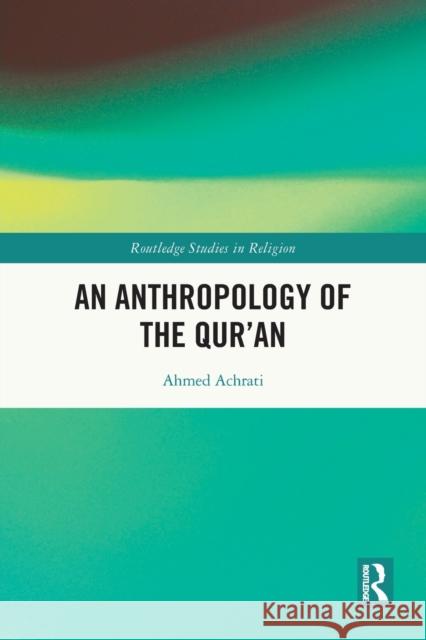An Anthropology of the Qur’an » książka
An Anthropology of the Qur’an
ISBN-13: 9781032060187 / Angielski
An Anthropology of the Qur’an
ISBN-13: 9781032060187 / Angielski
(netto: 195,86 VAT: 5%)
Najniższa cena z 30 dni: 193,46
ok. 22 dni roboczych.
Darmowa dostawa!
This book presents an anthropological study of the Qur’an, offering an unprecedented challenge to some of the epistemological and metaphysical assumptions of the tawḥīdic discourses.
This book presents an anthropological study of the Qur’an, offering an unprecedented challenge to some of the epistemological and metaphysical assumptions of the tawḥīdic discourses. Combining primary textual materials and anthropological analysis, this book examines transcendence as a core principle of the Qur’an, uniquely signified in the divine name al-Quddūs (the Holy). It shows how the tawḥīdic representations of Allah constitute an inversion of this attribute; examines how this inversion has been conceived, authorized, and maintained; and demonstrates how it has affected Islamic thinking and practices, especially as relates to authority. This book also explores how a return to the Qur’anic primacy of God’s otherness as al-Quddūs can influence Islamic thinking and practices moving forward. Therefore, it will be highly useful to scholars of Islamic Studies, philosophical theology, Qur’anic studies, political science, ethics, anthropology, and religious studies.











